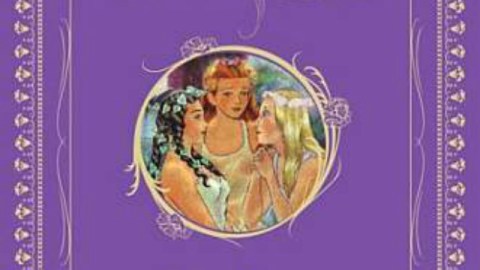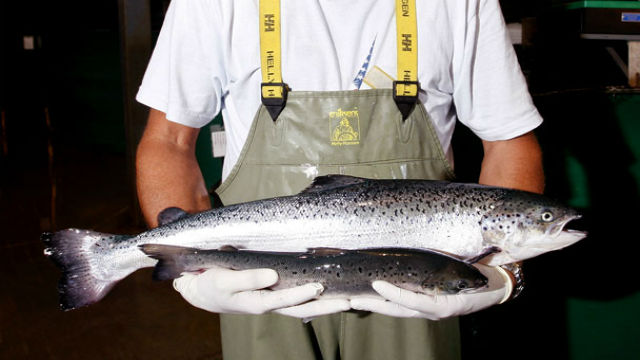‘Lost Girls’, Sex & Children

The Taboos of Alan Moore, Conclusion
The topic of sexuality and children elicits justifiably strong reactions. However, as with most strong emotions, it also leads to unjustified, often irrational, responses to non-dangers. Whether this is the over-stated claim that 50,000 paedophiles “prowl” the Internet or any argument suggesting we allow child pornography to be legalised is therefore supportive of child rape, we cannot afford to react from our guts just because the horror strikes our hearts. It is our heads that offer the best solutions to problems, since we are dealing with facts and figures, not fiction and fear.
In Lost Girls, Alan Moore and artist Melinda Gebbie (his now wife) took three famous characters from children’s fiction and turned them into highly sexualised characters. Alice (Alice’s Adventures in Wonderland), Dorothy (The Wizard of Oz) and Wendy (Peter Pan), as adults, meet and share (their) erotic adventures.
The tales we know, such as Peter Pan “luring” Wendy away or Dorothy “trapped” in a new land during a hurricane, are retold with the voice of adulthood reflecting on a confused childhood event: dressed up in the closed garb of a pretty fairy-tale, adult recognition of those same events shows the naked sexuality of exploited and explorative children. For example, The Straw Man, The Cowardly Lion and The Tin Man are in reality farm-hands who each had sex with the teenage Dorothy and are named as such because of various characteristics. To go into the genius of Moore’s re-telling would be spoiling them too much.
However, Moore is often confronted with accusations that he’s glorifying childhood and teenage sex. In his responses, Moore correctly points out that it’s sex itself that deserves to be glorified. It’s an important part of being human and relishing one’s body; we must not be afraid of our bodies, that they elicit sexual feelings in ourselves and others. Of course rape is horrible, especially child rape. But these are precisely the kinds of experiences we can condemn, without undermining the importance of consensual sex. It’s a debate that needs to be had by rational adults: how should we respond to children having sex with each other?
That he here talks about children is only Moore confronting reality: many children and teenagers do have sex. Outrage won’t itself mitigate it. What matters is how we confront this situation, whether the encounters are actually harmful, and so on. These are questions we must face realistically, not from the knee or gut.
Moore in dealing with it as a major theme in Lost Girls is helping undermine knee-jerk reactions, providing platforms for celebration of sex, and, indeed, providing a stable platform for us to reflect on sex as a moral act.
—
Introduction: The Moral Importance of Fiction and Literature
The Taboos of Alan Moore, Part 1: V for Vendetta & Supporting Villains
The Taboos of Alan Moore, Part 2:Watchmen & the Necessity of Culling the Human Species
Image Credit: Detail from cover of Lost Girls by Melinda Gebbie (source)





